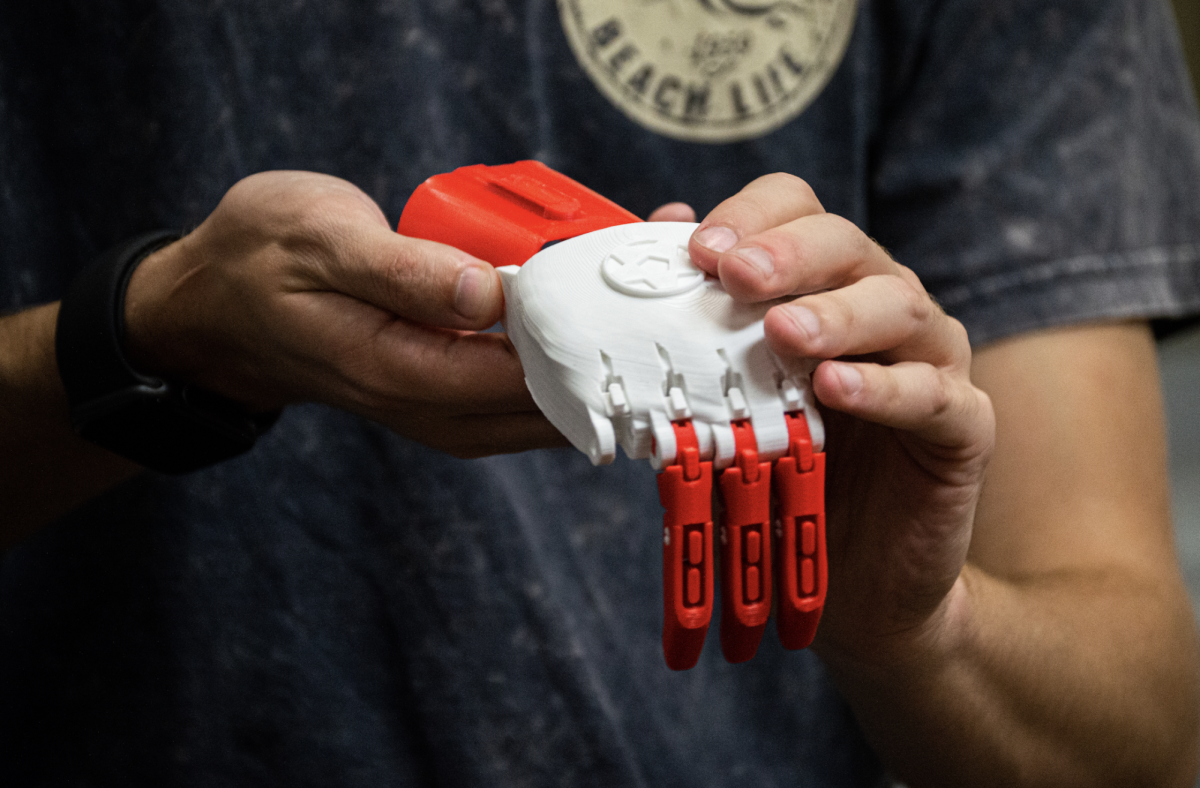Student ticketing guidelines are updated every year, but students this year are finding the rules to be quite strict as NC State aims to reduce unauthorized student ticket sales and increase security.
The student ticketing process and policy are renewed every year by the Student Ticket Advisory Committee. The committee is made up of five members of the student body and four university staff members. Those members then review the ticketing process and policy and provide University Athletics with its recommendations for updates.
A large change students will find this year is that student tickets are now non-transferable. Students will no longer have the option to transfer an unwanted ticket to another student, but instead will have to return it to the lottery.
Account binding has also been added for iPhone users, making it so that all tickets awarded to a student account can only be used with their specific Apple ID. This new process has been put in place to prevent the sharing of student tickets without making changes to the entry process at the gate.
While the reason for these changes is to increase security around student tickets to ensure they are only used by students and not profited from, students have found the additional security to be a bit much.
Gracie Stepanian, a 2025 alumna of NC State, explained her views on the removal as potentially making it more difficult for her as a recent graduate or for current students to attend games with friends.
“I mean, as a student, you can’t give it to your friend,” Stephanian said. “I think that’s kind of silly, I mean, nobody wants to go to a game by themselves.”
Without the ability to transfer tickets to other students, groups wishing to attend games together must now bank on their luck in the lottery even more than in recent years. If you want to sit with friends, the most secure option now may be purchasing non-student tickets.
“College football, it’s supposed to be kind of a carefree and have-a-good-time sort of place. I think they’re making it a little harder to do that,” Stephanian said. “Going to a football game by yourself, kudos to whoever would do that, but I feel like you make fonder memories there when you’re with your friends.”
Mikiya Hedgepeth, a third-year studying political science and the director of student athletics for student government, was able to give more insight on the choice to make tickets non-transferable and how the Apple ID binding process makes it more secure.
“The number one reason that I know of is to stop the unauthorized sale of tickets,” Hedgepeth said. “As a student, you’re getting a free ticket, and when you request a ticket through the lottery, you’re doing it with the intent that ‘I am wanting to go to this game,’ right?”
With students using outlets like social media and online payments, the transfer process made it easy for students to commit unauthorized sale of tickets. Without the binding software, tickets from one account could be sent to anyone with a student ticket account.
“I understand for some students when they transfer a ticket, they’re not doing it with the intent to sell, if that makes sense, they’re doing it because, ‘Oh, I can’t use my ticket.’ That’s also why they have the return process of a ticket,” Hedgepeth said. “So it’s more of a security thing, trying to just stop sales.”
With football being such a highly requested sport, NC State aims to keep the ticketing process as fair as possible and believes these changes will help facilitate that.
“It’s not fair to students who request a ticket and don’t get a chance to go,” Hedgepeth said. “For this ECU game, we had 15,000 people request a ticket. Only 9,000 got a ticket.”
For basketball season, the new guidelines will take effect as well. The Apple ID binding system stays on your device once you download the first student ticket you receive this year, and basketball tickets will also be non-transferable.
While some students were unbothered by the sale of student tickets, Hedgepeth said that as a student government member, it is a growing concern. Students looking to sell tickets mostly took to social media, making it a very unhidden process.
“I know for as long as I’ve been in student government, I have seen issues with people selling tickets,” Hedgepeth said. “It could be word of mouth, but a lot of the time, it is on social media. That’s where you can easily access a lot of people and try and get someone to buy your tickets.”





